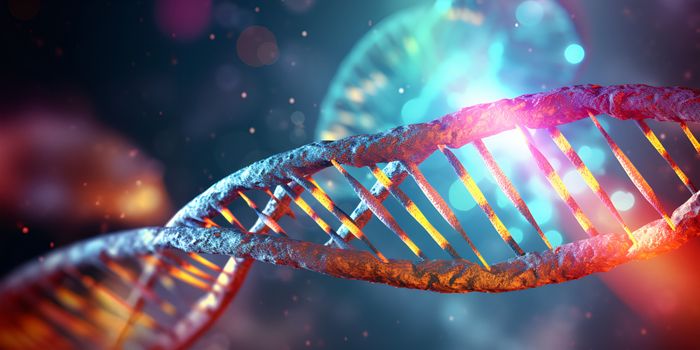Chimps Shift to Reciprocated Friendships with Age
Image: Pixabay
Researchers studying aging male chimpanzee relationships have gathered evidence that chimps narrow their friendships to only the most valuable relationships over time. This research is an interesting reflection on how humans prioritize friendships with age.
For more than two decades, researchers have observed chimpanzees in Kibale National Park in Uganda to understand how and why their social relationships change with age and what this tells us about how human relationships change with age. Like humans, chimps choose to have a few highly rewarding relationships, over having many less rewarding relationships as they get older.
Previously, scientists hypothesized that we narrow our social circles to reliably rewarding ones because of the realization that our time is running out and that we want to make the most of it. The researchers from Havard University and the University of New Mexico point out the chimpanzees do not share this conscious worry, yet they narrow their social circles with age just like humans. Their research shows that adult male chimps' social relationships become closer with age and why this is beneficial.
To measure friendship's strength between two chimps, scientists look for who they groom and if the grooming is reciprocated. They found that fifteen-year-old male chimps have 2.1 friendships where they groom, but the grooming is not returned. By 40 years old, male chimps have 0.9 friendships where the grooming is not reciprocated. Eventually, friendships that do not benefit a chimp are dropped. Also as the chimps aged, their number of reciprocal relationships increased.
Since this study was observed in adult male chimps, scientists believe one reason for the shift toward reliable, loyal, reciprocated friendships is because male chimps compete for mating opportunities their entire lives. To compete for the best mating opportunities, male chimps must have a loyal band of friends to back up their dominance.
This study helps us understand how our closest primates evolve their social relationships as they age and understand our own psychology.
Sources: Harvard University via EurekAlert, Machanda et. al., University of New Mexico









